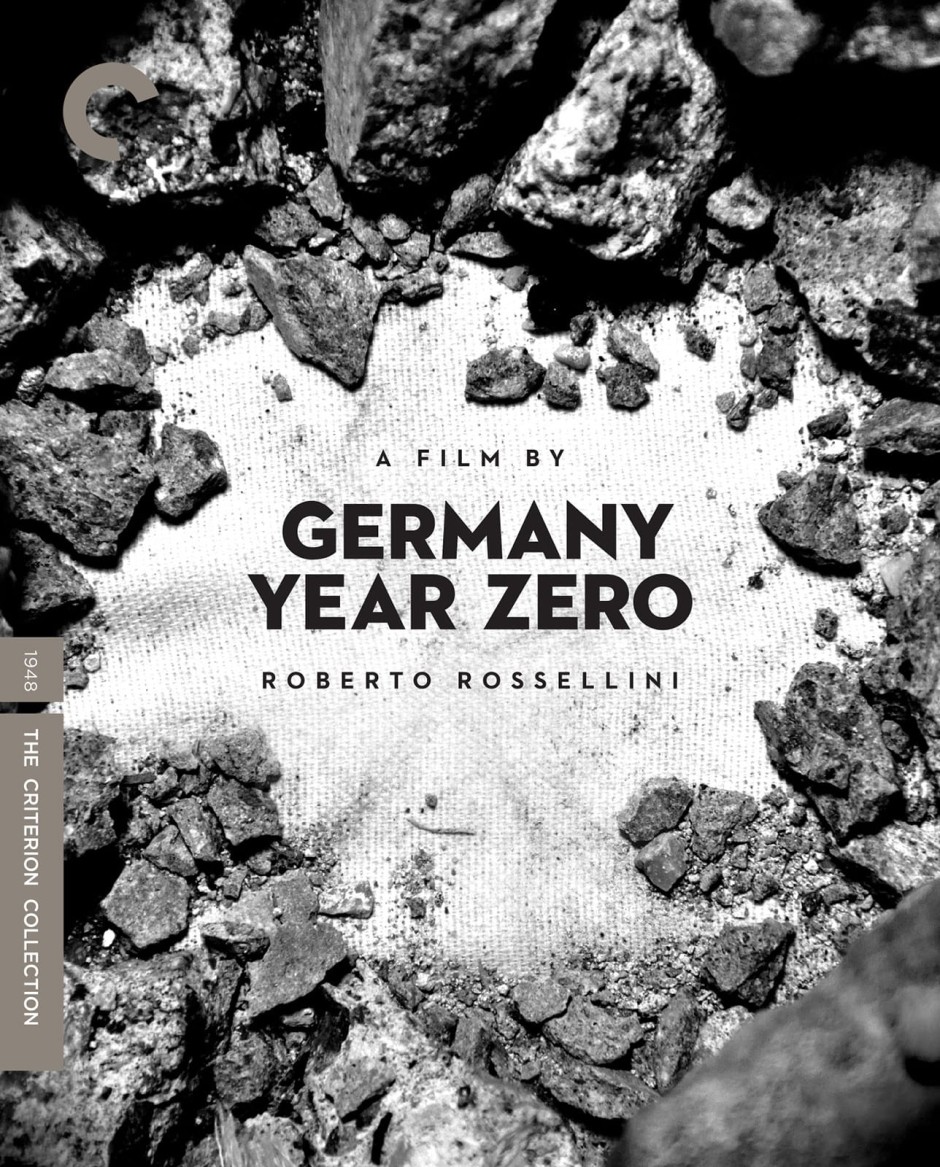Following on from my post about African fiction films at the Melbourne International Film Festival in 2023, here are the documentaries. The first, admittedly, isn’t precisely speaking a documentary but it’s at least in an adjacent space, where it uses a hybrid format to get into an understanding of the issues and the way they can pull apart a family (this is terrorist radicalisation). The second also touches on terrorism but again is more focused on the community in relation to the threat than the threat itself. And the third is a personal essay film about growing up in South Africa, which given the history of apartheid is its own form of terrorism I suppose.
Four Daughters (2023). The Tunisian director, Kaouther Ben Hania, has a history in documentary film, but her last few features have gone down a narrative fiction route (and I didn’t love Beauty and the Dogs a few years back). This film marks something of a return to a documentary, but in a hybrid form that folds in fictional re-enactments by actors playing two of the titular (in the original Arabic and French) mother Olfa’s daughters, as well as Hend Sabri playing Olfa herself. The way this is done tries to be as honest as possible, and results in something closer to some of the documentary work of, say, Alma Har’el where the lines between documentary and fiction are the subject of the film itself, and where we get to see the actor approaching the role quite directly. This is most apparent as the real Olfa tags in her actor double for scenes involving great emotional distress, and it’s compelling to see the mother admit to her own abusive behaviour as a legacy of growing up with the traditional attitudes in circulation at the time of her youth, but likewise the way that these traditional attitudes are reinforced in a sequence where the daughters don hijabs (and the more restrictive niqab). The slide into fundamentalism comes quickly and surprisingly easily, and the way that this move can happen and can tear apart relationships is part of the story the film is telling, which creates quite a bit of emotional resonance when we see the women’s stories portrayed by actors at the same time as those participants are facing up to their own past actions and the way those actions resonate.

Le Spectre de Boko Haram (2023). This is the kind of documentary I like, with no narration (though there’s a minimum of on-screen text bookending the film) and using instead the setting and the scenes that have been filmed to fill in the context—though the title sets up the framework well enough. We’re in northern Cameroon, very near the Nigerian border, and it’s essentially a film about village life, focusing on the youngest kids and their education (or lack of, as many of them need to tend to the fields or animals instead as part of their chores). We see their daily life, their time in school, their families and their routines, we follow their play with one another, and their religious practise, and then of course there’s this looming threat that we never really see, but the soldiers that are posted around the village make it clear that the threat is real. However, for the most part this plays out as a story that is anchored in a very specific place and which gives a great sense of quotidian life: probably the film’s biggest narrative journey involves a late twist regarding two young brothers we hear talking to one another throughout the piece, who have been separated from their parents (it’s unclear whether they are in another town, or actually with Boko Haram), but even that seems to work out.

Milisuthando (2023). Maybe it’s just because after 50-something films in two weeks I’m getting weary and everything is just merging together, but I really liked this poetic personal essay film about growing up in Transkei/South Africa. It’s about that history, which pulls in late-20th century political changes and apartheid, but it’s also about family and identity, about shifting (psycho)geography, about negotiating racial politics with (white) friends, and about trying to navigate the peculiar ways in which South African identity manifests. It’s not always straightforward, and it’s not always visual, but it has a sort of simple beauty to it, and is told straightforwardly.
CREDITS


بنات ألفة Banat Olfa (Four Daughters aka Les Filles d’Olfa, 2023) [Tunisia/France/Saudi Arabia/Germany] — Director/Writer Kaouther Ben Hania كوثر بن هنية; Cinematographer Farouk Laaridh فاروق لاریض; Starring Hend Sabri هند صبري, Nour Karoui نور کروی, Ichraq Matar ایکراق مطر; Length 107 minutes. Seen at ACMI, Melbourne, Monday 7 August 2023. 
Le Spectre de Boko Haram (2023) [Cameroon/France] — Director/Writer Cyrielle Raingou; Cinematographers Raingou and Bertin Fotso; Length 75 minutes. Seen at Kino, Melbourne, Friday 18 August 2023. 
Milisuthando (2023) [South Africa/Colombia] — Director/Writer Milisuthando Bongela; Cinematographer Hankyeol Lee; Length 115 minutes. Seen at Kino, Melbourne, Sunday 20 August 2023. 




















